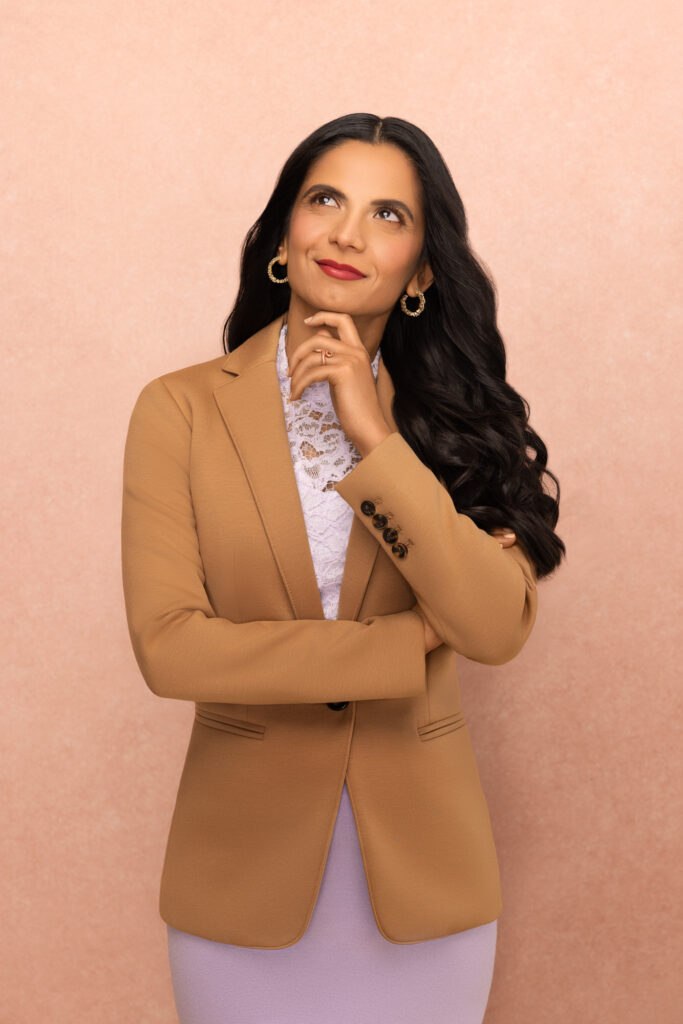These days, discussing anything related to politics feels like opening a nuclear-charged can of worms. Whether that be sharing opinions online, catching up at the water cooler, or even navigating a first day, there’s a reason why the old saying “Never talk about religion or politics” still exists.
As a relationship coach, I often wonder how we allowed politics to become such a make-or-break aspect of our relationships. More importantly, how can we learn to stop letting politics interfere with our relationships with loved ones?
Today, I’d like to explore the reality of politics and friendships in our modern culture and offer some practical tips for protecting your most valuable relationships from unwanted hardship.
Let’s dive in.
The Truth About Politics & Friendships
How big of a role does politics really play in our friendships? According to new research, individuals in the United States are more politically divided than ever before. On both sides of the aisle, party members hold strong beliefs that those on the other side are causing irreparable harm to the nation, creating a kind of “othering” effect between those with different opinions.
Of course, if you’d like more evidence, you needn’t look any further than your nearest social media platform. Platforms like Facebook play a key role in how many of us navigate friendship, but they’ve also become a hotbed for political division.
How often have you seen a friend create a post stating, “If you disagree with _____, delete me?” Or, have you yourself succumbed to the knee-jerk reaction of unfriending someone based on a disagreement over politics?
In either scenario, it’s important to take a step back and consider the factors at play. This will give you the freedom to make a more empowered choice about the future of your friendships.
What Defines A Friend?
First, you need to consider what constitutes a friend. The majority of adults report that they have between 3 – 5 close friends in their life besides their spouse or family members. Making friends in adulthood is often significantly more challenging than in adolescence, which is why nurturing these friendships is vital for living a healthy, fulfilling life.
So, should you define your friendships by the length of time you’ve known them? Or by the value that they bring to your life? No matter the answer, understanding the role of a friendship in your life is a crucial first step in preventing politics from severing these bonds.
Redefine Your Values
In a recent study, more than 61% of adults stated that friendships are an extremely important part of their lives. Even so, these same demographics often hold deep political convictions, which often impact the way we view those on the opposing side.
Before you hit the unfriend button, take a moment to reflect on what you truly value. Are your political views worth sacrificing a fulfilling relationship? With deep thought, you might find your initial reaction to differing opinions is really just an invitation to evaluate your own values more closely.
Engage In Growth-Focused Conversations
Now, let’s talk about the hard part: What happens when you and a close friend simply don’t see eye-to-eye on a political topic you value?
Like most relationships, communication is key. This doesn’t mean you need to try to convince your friends to join your side, but rather engage with them in a meaningful way that allows you both to grow. Not only can this help you better understand the people in your life, but it also challenges you to expand your worldview and escape from your own “echo chamber.”
Practice Empathy In Every Relationship
Empathy is a fundamental component of all healthy relationships, whether with close friends, romantic partners, or colleagues. I encourage you to practice empathy in every relationship in your life, even those that happen online.
Too often, adults are influenced to see people with opposing views as their enemies. However, this is rarely the case. With just a bit of empathy, you may be surprised to find you have more in common with the “other side” than you could have guessed.
Don’t Be Afraid To Go Offline
Of course, there may be times when having the patience to practice empathy, especially on social media, feels unattainable. If you’re finding yourself exhausted by constant political discourse on the internet, you may be experiencing something I call social media fatigue.
The good news?
You’re not alone.
I’ve helped many of my clients navigate the burnout that comes with living online, providing them with the tools they need to turn fatigue into a positive experience. In most cases, creating healthier social media habits starts by setting an intention for each session.
Are you logging on for work? Looking to connect with an old friend?
No matter what the reason may be, don’t be afraid to stay offline until you’re able to create a clear, uplifting intention behind your presence.
Have A Coach In Your Corner
Navigating the impact of politics in your relationships can be difficult, but you don’t have to do it alone. Jasmine Coaching and Wellness is here to help you evaluate your friendships and reshape your mindset, giving you the support you need to foster meaningful relationships regardless of your politics.
References:
https://www.pewresearch.org/short-reads/2023/10/12/what-does-friendship-look-like-in-america
https://impact.monash.edu/economics/birds-of-a-feather-how-friends-shape-our-political-opinions

